When diving into the world of Neon Genesis Evangelion Rei, fans are often looking for detailed character analysis, proper episode viewing order, and insights into the broader Neon Genesis Evangelion universe. Whether you’re new to anime or a seasoned otaku, this article will guide you through Rei’s role, how she connects to the series’ deeper themes, the best watch order, and where to start if you’re exploring the Neon Genesis Evangelion manga.
Let’s begin with the mysterious blue-haired girl that sparked decades of fascination.
Who Is Neon Genesis Evangelion Rei?
Rei Ayanami, one of the central characters in Neon Genesis Evangelion, is known for her pale skin, quiet demeanor, and emotionally distant personality. Neon Genesis Evangelion Rei Introduced as the First Child and pilot of Evangelion Unit-00, Rei plays a key role in the emotional and philosophical narrative of the anime.

She’s not just a pilot—she’s a symbol. Many fans associate Rei with themes of identity, sacrifice, and human connection. Her mysterious background and connection to Gendo Ikari (Shinji’s father and head of NERV) have led to countless fan theories and analyses.
Neon Genesis Evangelion: An Overview
To understand Rei, we must first understand the Neon Genesis Evangelion universe. The show, created by Hideaki Anno and produced by Gainax, aired in 1995 and quickly became a cult classic. On the surface, it’s a mecha anime about teenagers piloting giant robots to fight off alien beings called Angels. But beneath that, it’s a psychologically rich series exploring depression, existential dread, and the nature of human consciousness.
There are four core pillars to explore when entering this universe:
-
Anime Episodes
-
Movies & Rebuilds
-
Watch Order
-
Manga Adaptation
Watch Order: Neon Genesis Evangelion Episodes
One of the most common questions among new fans is: What’s the correct Neon Genesis Evangelion watch order? Because of reboots, movies, and alternative endings, it can be confusing. Here’s a straightforward breakdown:
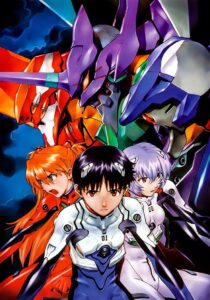
Recommended Watch Order:
-
Neon Genesis Evangelion Rei (1995 TV Series) – 26 episodes
-
Start with this original anime to understand the foundation of the story.
-
-
The End of Evangelion (1997)
-
A reimagined ending to the series that provides closure after episode 24.
-
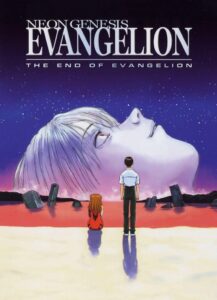
- Rebuild of Evangelion Movies (2007–2021)
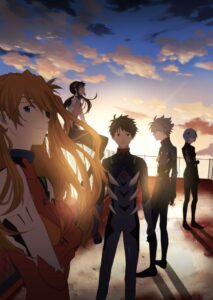
-
-
Evangelion: 1.0 You Are (Not) Alone
-
Evangelion: 2.0 You Can (Not) Advance
-
Evangelion: 3.0 You Can (Not) Redo
-
Evangelion: 3.0+1.0 Thrice Upon a Time
-
These movies act as a retelling and expansion of the original storyline with new visuals, scenes, and outcomes.
Asuka in Neon Genesis Evangelion: Rival and Reflection
While Rei is often perceived as the silent mystery, Asuka Langley Soryu (or Shikinami in the Rebuilds) is her fiery opposite. The red-haired, sharp-tongued pilot of Eva Unit-02 serves as a brilliant counterpoint to Rei’s quiet stoicism.
Their contrasting personalities—Asuka’s brashness versus Rei’s passivity—highlight the series’ psychological depth. Where Asuka seeks validation and superiority, Rei often questions her very existence.
Many fans see Rei and Asuka as symbolic reflections of different approaches to trauma, identity, and emotional suppression. Their complex relationship adds weight to every scene they share.
Neon Genesis Evangelion Manga: Should You Read It?
Absolutely. The Neon Genesis Evangelion manga, illustrated by Yoshiyuki Sadamoto (the character designer for the series), offers a different take on the same story.
Key Differences in the Manga:
-
Rei’s character is slightly more expressive and fleshed out.
-
The story diverges from the anime in certain emotional and plot-driven moments.
-
The manga has a more linear and complete narrative arc.
If you’re intrigued by Neon Genesis Evangelion Rei, the manga gives her a richer emotional development and may answer questions the anime left ambiguous.
Rei’s Symbolism: Clones, Souls, and Human Fragility
Rei Ayanami is not just a girl—she is a biological clone created from the DNA of Yui Ikari (Shinji’s mother) and infused with the soul of the Angel Lilith. This fact alone reveals how deeply philosophical the show is.
Her identity challenges the concept of the self:
-
Is she human?
-
Does she have free will?
-
What does it mean to have a soul?
These questions are explored throughout the show, making Rei one of the most existentially complex characters in anime history.
Best Evangelion Episodes Featuring Rei
For those specifically interested in Rei-focused development, here are a few standout Neon Genesis Evangelion Rei episodes from the original series:
-
Episode 5: Rei I
-
Introduces her background and relationship with Gendo.
-
-
Episode 6: Rei II
-
Highlights her bravery and connection with Shinji.
-
-
Episode 23: Rei III
-
A pivotal moment that reveals much about her origin and sets up the final arc.
-
These episodes dive into the psychological and metaphysical dimensions of Rei’s character, making them essential viewing.
Why Neon Genesis Evangelion Rei Remains Iconic
Even decades later, Neon Genesis Evangelion Rei remains an icon in anime culture. She represents more than a character—she embodies:
-
The alienation of adolescence
-
The complexity of identity
-
The longing for purpose
Her calm voice, distant gaze, and mysterious aura have inspired everything from fan art to academic papers. Rei also helped popularize the “emotionless girl” archetype in anime, influencing characters in shows like Serial Experiments Lain, Puella Magi Madoka Magica, and Steins;Gate.
Neon Genesis Evangelion Watch Order: Quick Reference Table
| Type | Title | Year |
|---|---|---|
| TV Series | Neon Genesis Evangelion (Episodes 1–26) | 1995 |
| Movie (Alt Ending) | The End of Evangelion | 1997 |
| Rebuild Movie 1 | Evangelion: 1.0 You Are (Not) Alone | 2007 |
| Rebuild Movie 2 | Evangelion: 2.0 You Can (Not) Advance | 2009 |
| Rebuild Movie 3 | Evangelion: 3.0 You Can (Not) Redo | 2012 |
| Final Rebuild Movie | Evangelion: 3.0+1.0 Thrice Upon a Time | 2021 |
Final Thoughts: Where to Begin
If you’re wondering how to dive into the world of Neon Genesis Evangelion Rei, here’s a beginner-friendly path:
-
Watch the 1995 anime series – for the original story.
-
Watch The End of Evangelion – to experience the full thematic climax.
-
Read the manga – for alternate emotional insights and story nuances.
-
Watch the Rebuilds – to see how the story has evolved and reinterpreted Rei’s identity.
Frequently Asked Questions (FAQs)
Q1: Is Rei Ayanami a clone?
Yes, Rei is a clone created using Yui Ikari’s DNA and infused with Lilith’s soul.
Q2: What is the best Neon Genesis Evangelion Rei watch order for new viewers?
Start with the original TV series, then watch The End of Evangelion, followed by the Rebuild movies.
Q3: What’s the difference between the manga and the anime?
The manga offers a more emotionally detailed interpretation and slightly different events and conclusions.
Q4: Is Rei in love with Shinji?
While never explicitly stated, Rei’s growing emotional awareness and interactions with Shinji suggest a deep, possibly romantic connection.
Conclusion: Enter the Mind of Evangelion Through Rei
If your search began with Neon Genesis Evangelion Rei, you’re already on the path to understanding one of anime’s most emotionally complex universes. From the layered storytelling to philosophical questions of identity, Rei is a gateway into themes that go far beyond traditional science fiction.
Whether you’re choosing between the anime and manga, trying to figure out the Neon Genesis Evangelion Rei watch order, or diving deep into Rei and Asuka’s contrasting personalities, there’s always something new to uncover.
This journey into the world of Evangelion will not just entertain—it will challenge your thinking.
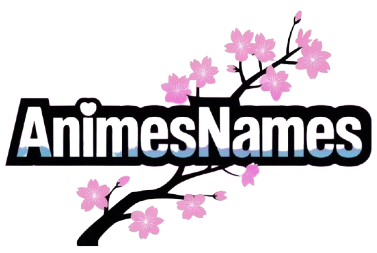
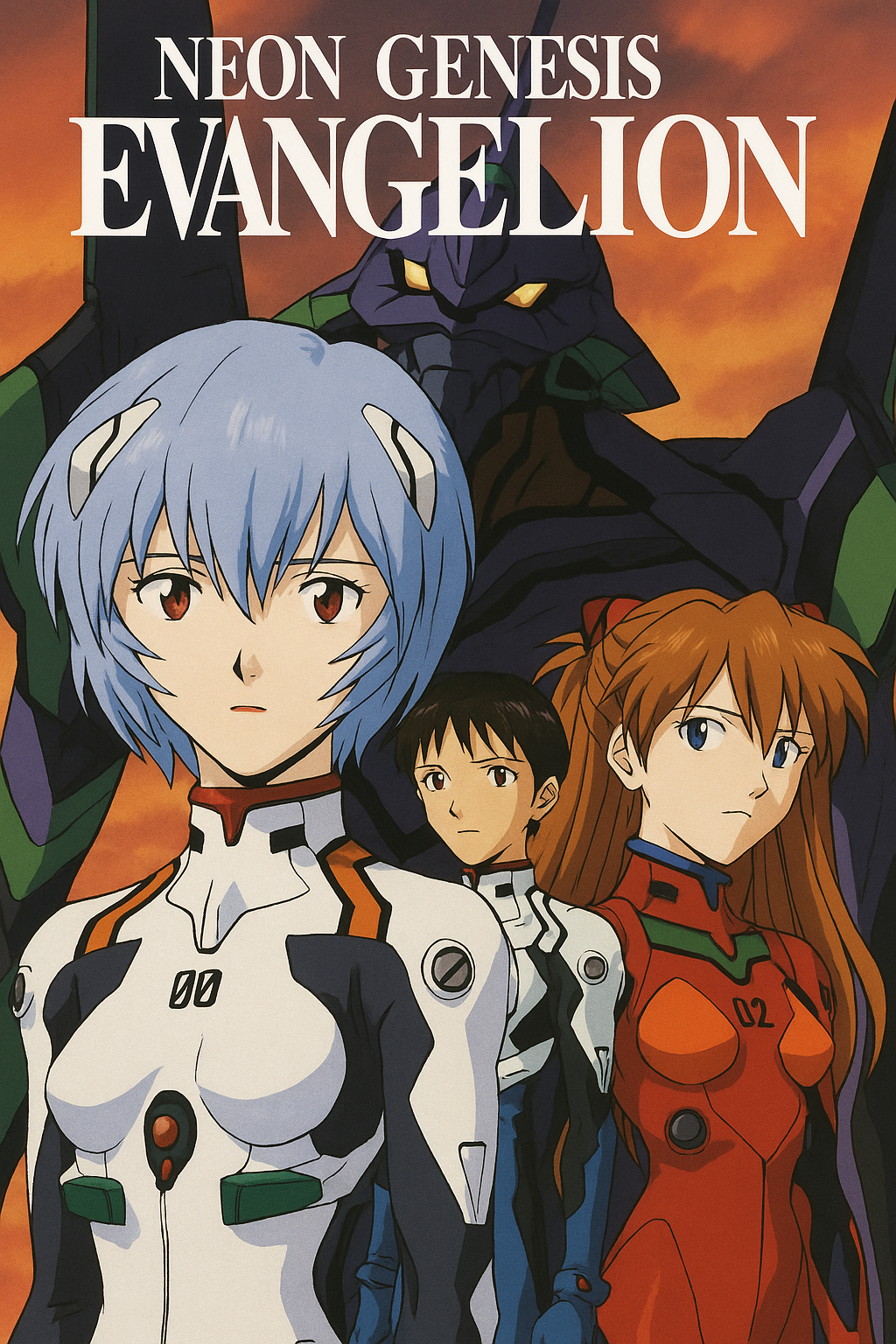
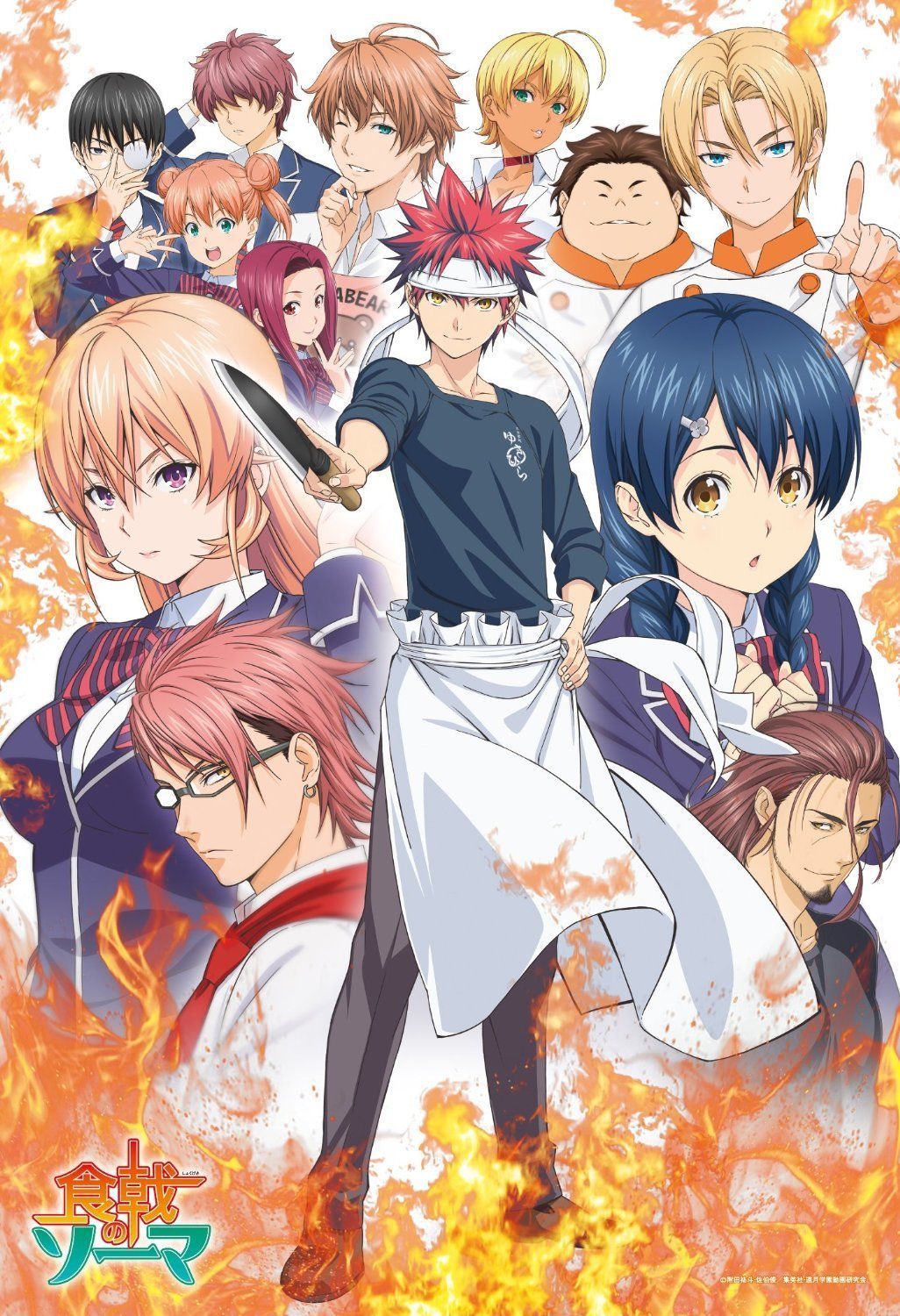
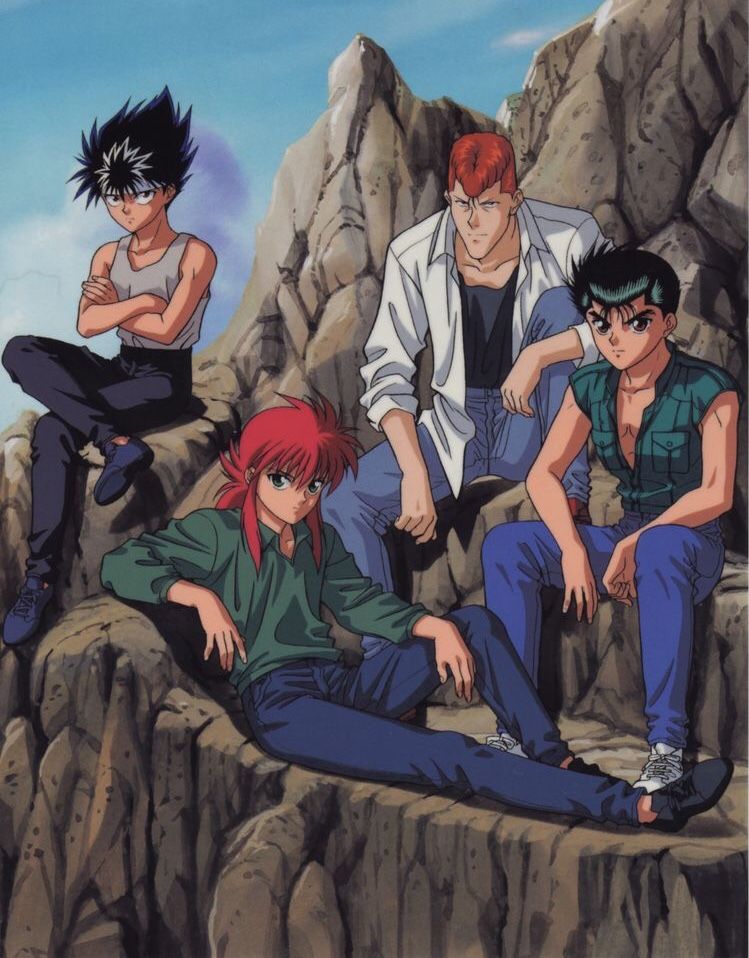
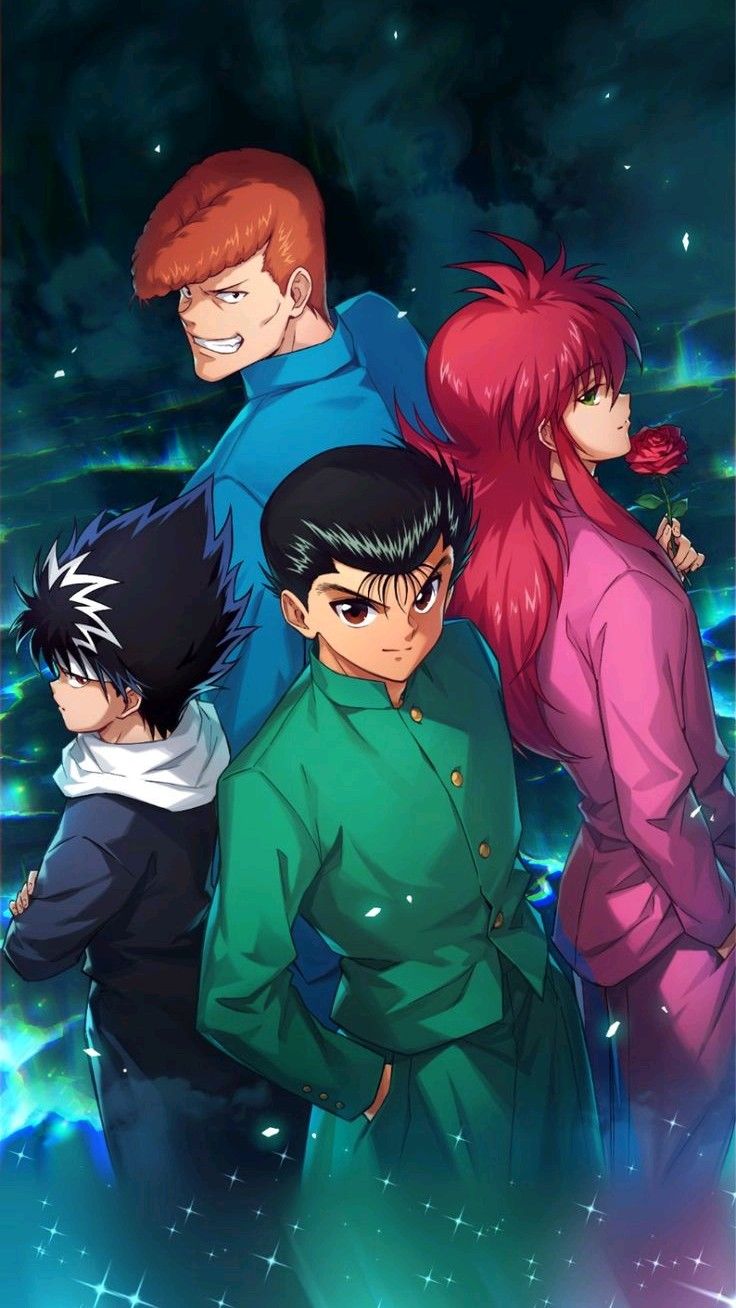
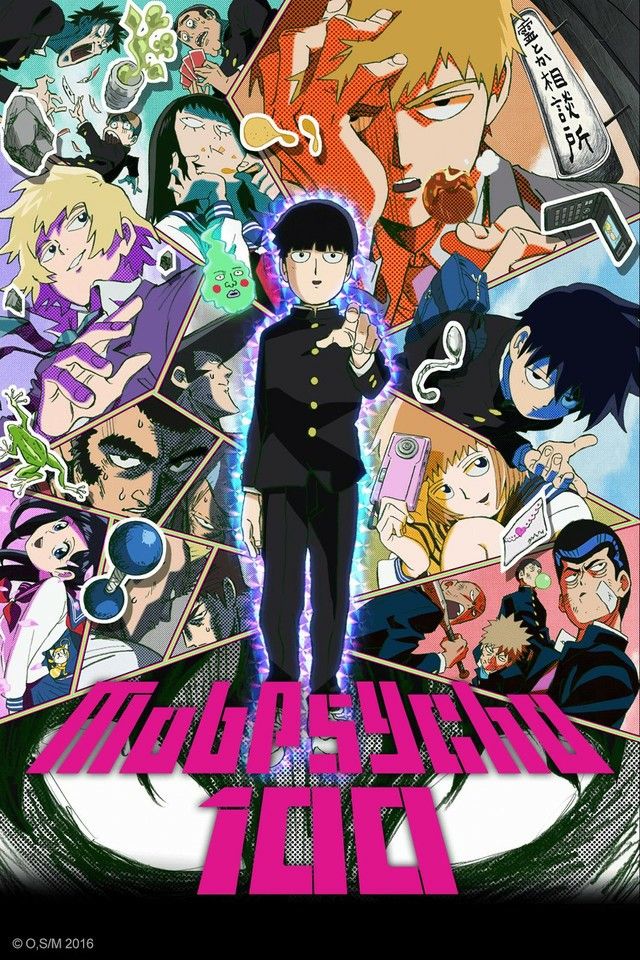
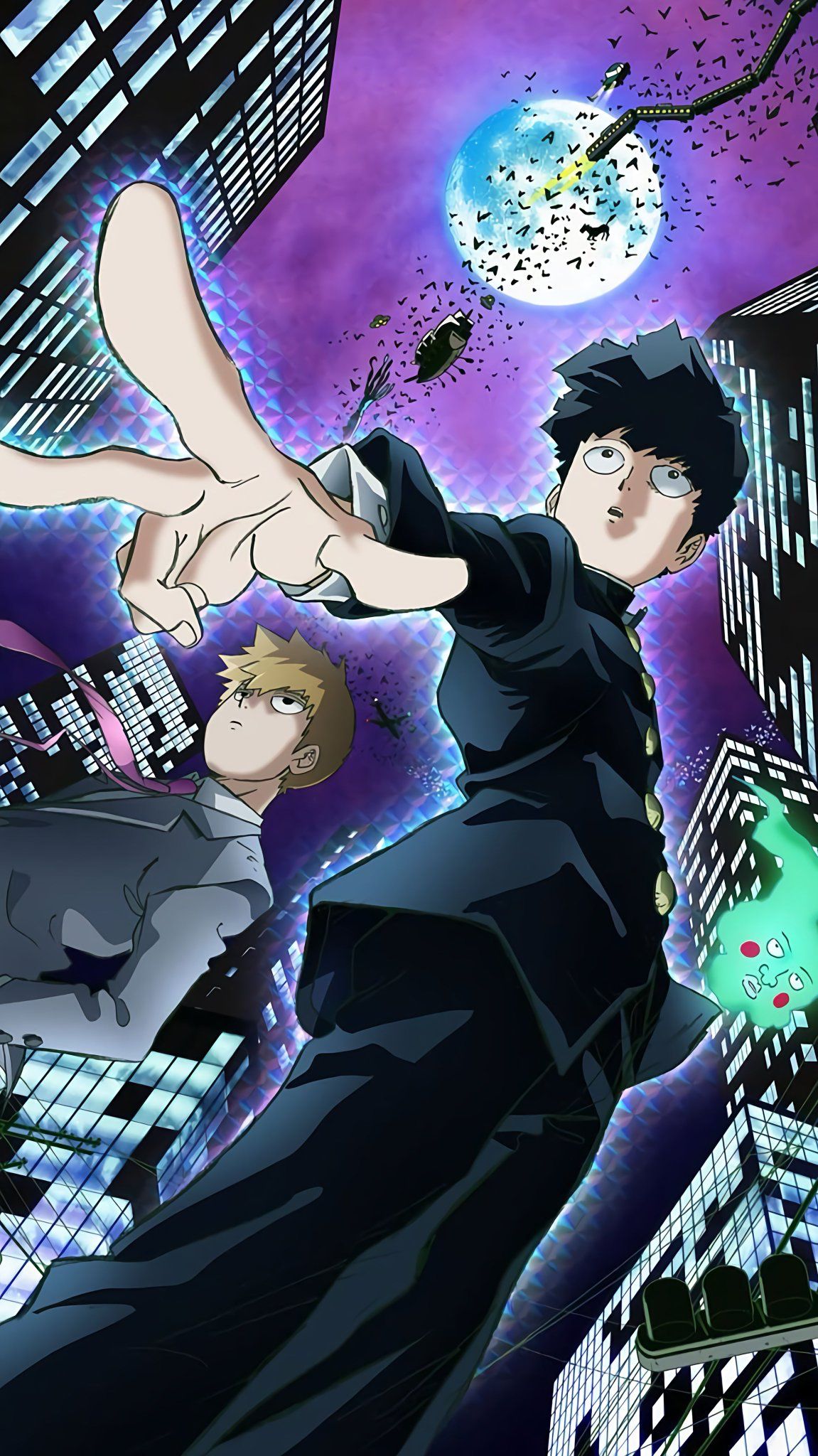
Leave a Reply